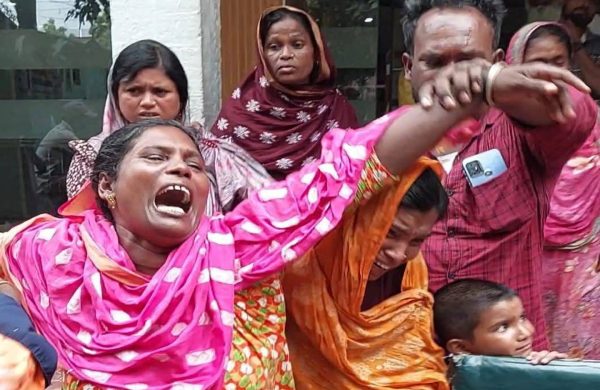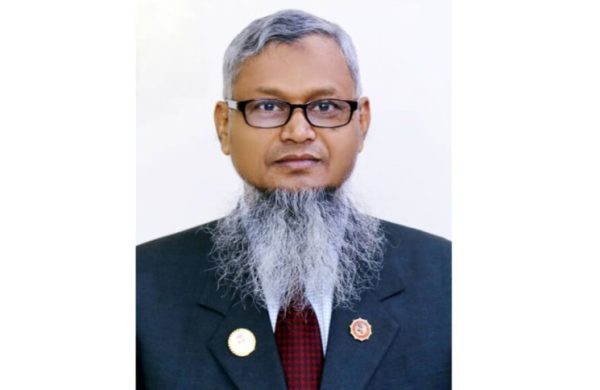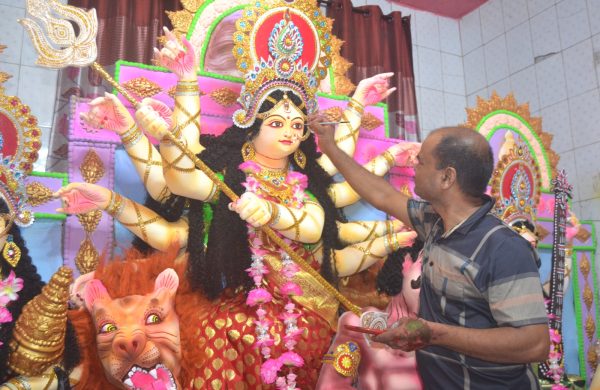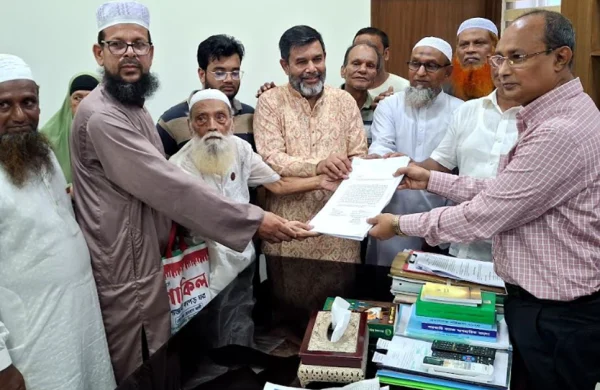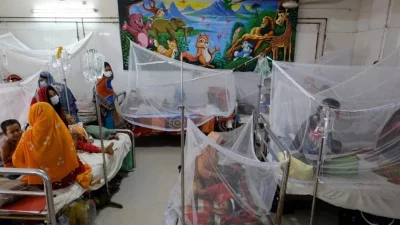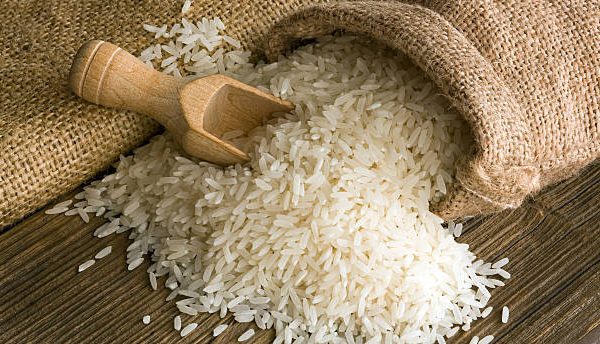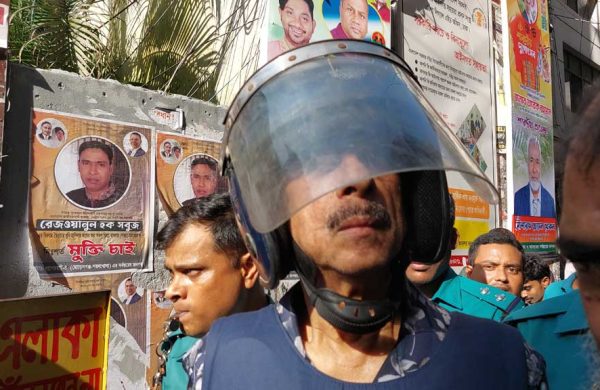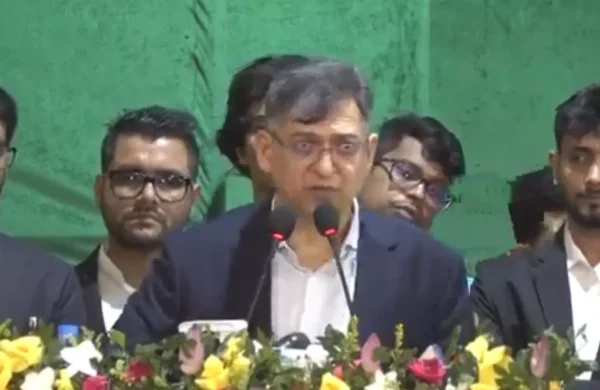RUCSU in chains: How a university scripted its own crisis
- Update Time : Thursday, September 25, 2025
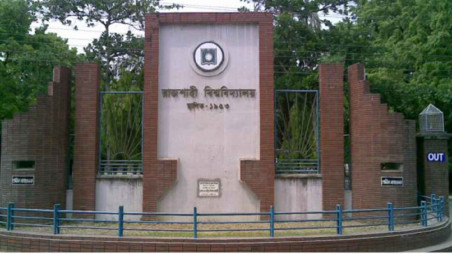
Rajshahi Correspondent:
Rajshahi University claims the Rucsu election was postponed till October 16 because the prevailing situation is not conducive. The truth is that every twist of this crisis was scripted on campus—layer by layer—by the institution itself.
It began in August, when the Election Commission postponed the distribution of nomination papers, which was originally scheduled for August 20. The official reason was staff unrest over the ward quota—an admission perk for employees’ children. The quota had been scrapped in January after student protests, but pressure to reinstate it quietly resurfaced, stalling the election before it even began.
The calculated provocation came on September 18. At the peak of campaign season, the administration reinstated the quota, bowing to pressure from the groups demanding it.
Outrage followed immediately. Students staged sit-ins, marched to the vice-chancellor’s residence, and pelted the pro-VC’s car with coins. In the early hours of September 21, under mounting pressure, the university suspended the quota again. But by then, the damage had been done.
The administration’s retreat was, in fact, the signal for phase two. Staff unions launched an indefinite strike, paralysing the university. Offices were shut down, and teachers called off classes. The personnel responsible for election logistics indirectly showed their reluctance to cooperate. The university’s academic and administrative machinery came to a standstill.
Rucsu’s return after 35 years was a chance to rebuild student democracy. But instead of supporting students, sections of the teachers turned their backs. They stalled classes, shut down offices, and used the election as leverage to demand quota restoration.
As a result, many students began leaving the campus, anticipating further delays or cancellation due to the ongoing strikes.
Amidst this manufactured uncertainty, on the morning of September 23, more than 50 aspiring candidates submitted a memorandum demanding the postponement of the elections. Their argument was that the Puja break had emptied the campus and campaigning had stalled. This would give an unfair advantage to party panels with fixed voter blocs. That afternoon, the university’s election commission officially rescheduled the elections to October 16.
Jatiyatabadi Chhatra Dal backed the postponement, while Islami Chhatra Shibir and a few aligned groups opposed it, confident that their loyal base could still be mobilised despite the disruptions.
Thus, the quota upheaval did more than suspend classes—it reshaped the entire electoral field. The university created the conditions for conflict, then withdrew, leaving the election commission to manage it. The institution’s claim to neutrality rings hollow when its decisions repeatedly tilt the playing field.
Now, the quota remains suspended but unresolved, leaving the possibility of a repeat incident.
As of yesterday, the farce was still on. Staff unions continue their strike demanding reinstatement of the perk. On the other hand, teachers cry for justice over a scuffle, unbecoming of the students as it was, on September 21, which occurred only because of the administration’s provocation. Their sudden concern for safety is a sham. They are not seeking justice. They are enforcing a veto.
With classes and exams boycotted, and key staff still uncooperative, the road to October 16 is anything but clear. The Election Commission still depends on the very groups that froze campus life to run a credible vote. Without their full participation, the elections risk becoming a hollow exercise.
The new date for the polls is not a solution. It’s a date surrounded by doubt. The vote may happen. It may not. But even if it does, the ongoing events will still bear testimony to how certain quarters sought to exploit the election to their benefit.
This syndicate of teachers, officials and employees are still holding up the election, and Rucsu still remains in their grip.


